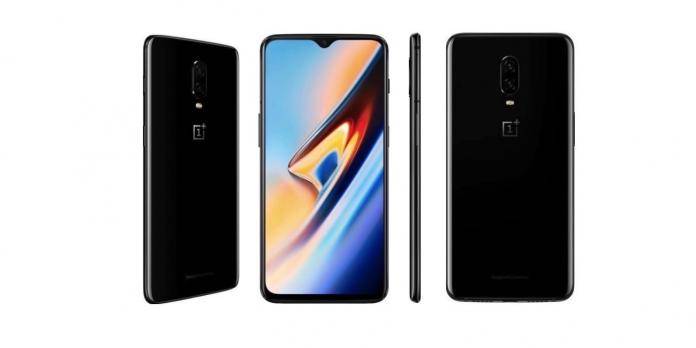
More often than not, a country’s top-selling smartphone brand is either Apple or Samsung. China is, of course, an exception given how strong local brands are doing. And India seems to buck that trend as well, at least for the past couple of quarters. In Q3 of 2018, OnePlus remains to be the number one brand in the South Asian country and with the imminent arrival of the OnePlus 6T, they might still get a big piece of the market share.
OnePlus has a 30% share of the smartphone market in India although that is slightly lower than the 40% which they had in Q2 of this year. In just a few days, they will be unveiling the much-hyped OnePlus 6T and they are hoping that this will strengthen their market position despite the threat of Apple and its iPhone Xs and Xs Max. Samsung isn’t considered much of a threat despite the recent release of the Galaxy Note 9.
The secret to their success in India is attributed to having a local-based manufacturing. They can afford to price their devices lower there since there are no high import duties. They are also able to focus on local trends like cash back and EMI or equated monthly installment offers that are more attractive of course to the local market. They are also strong in offline promotions and exclusive launches across key cities, according to Tarun Tathak, an analyst at Counterpoint Research.
Compared to Apple and Samsung, OnePlus is such a small company that started out with a unique marketing concept that created demand faster than they could actually produce devices. They changed tactics later on but their success in India is an indication that both online and offline pushes are still very much important in countries like India.
The upcoming OnePlus 6T has been highly hyped by the brand so expectation is pretty high. The launch is set for October 29 and there are several pop-up events happening all around the world. The main one will be in New York but soon after you will see it in other European countries. India is obviously a big launch as well with pop-ups happening in several major cities starting November 2.
VIA: SlashGear









